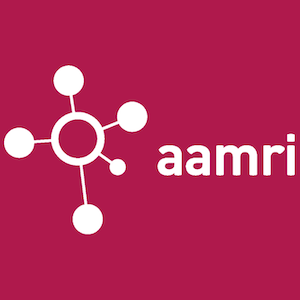In May 2023, the Association of Australia Medical Research Institutes (AAMRI) hosted a deliberative panel made up of 30 randomly-selected people drawn from medical research institute staff and researchers from across the country and stratified to match the medical research institute workforce in Australia by gender, seniority, job type and institute type.
Over the course of three full-day meetings in Sydney, the panel learnt about and deliberated on the question: What should AAMRI do to support the improved use of sex and gender in research practices and decision-making?
They heard from a range of expert speakers and advocates with lived experience, some of whom they nominated themselves, before working together to develop recommendations for AAMRI.
You can read their recommendation report here.
AAMRI will publish a response to their recommendation report in the coming month.
There is a long-standing assumption that medicine, and the research underpinning medical interventions, is sex and gender neutral. However, the important roles that sex and gender play in disease incidence, risk, detection, treatment, and recovery are being uncovered for many major diseases, as well as their significance for health promotion and wellness. Despite this, many research studies do not take sex and gender into account, leading to substantial evidence gaps.
The lack of recognition of sex and gender in health and medical research has consequences for clinical care and public health. Accounting for sex and gender in research makes for better science, improves safety and quality of care, reduces healthcare costs and unnecessary or ineffective tests and treatments, and leads to better health outcomes.
Globally policies are being put into place to better incorporate sex and gender into all health and medical research. For example, the European Commission now requires grant applicants to incorporate sex and gender analysis into the design of research studies. However, research undertaken by The George Institute for Global Health and partners has demonstrated that Australia is lagging in terms of policies and practices for incorporating sex and gender in the design, collection and analysis of health and medical research.
For instance, a 2020 article reported that only two of the top ten granting agencies and six of the top ten peer-reviewed journals in Australia had a policy around sex and gender in research. Likewise, a Feb 2023 study found that little significant improvement was made even after journals endorsed the ICMJE guidelines, which contain criteria for sex and gender reporting. This same study recommended targeted interventions different stakeholders could make along the pipeline to improve the application of sex and gender in research.
As part of the Sex and Gender Policies in Health and Medical Research project, UNSW AHRI and The George Institute have mapped current stakeholders and practices and are looking to support these stakeholders to improve their understanding and application of sex and gender in research practice.
AAMRI – as the peak body representing medical research institutes across Australia – is uniquely placed to lead positive change. While the panel’s precise remit is yet to be determined, we understand the group will likely be recommending the most effective action AAMRI could take to support the widespread application of sex and gender in research.
To maximise the buy-in of all stakeholders; funders, peak bodies, journals, universities etc., AAMRI requires a process that includes a representative mix of people and allows them the right amount of time and information to arrive at informed, common-ground recommendations for AAMRI that the broader sector and community will deem fair.




